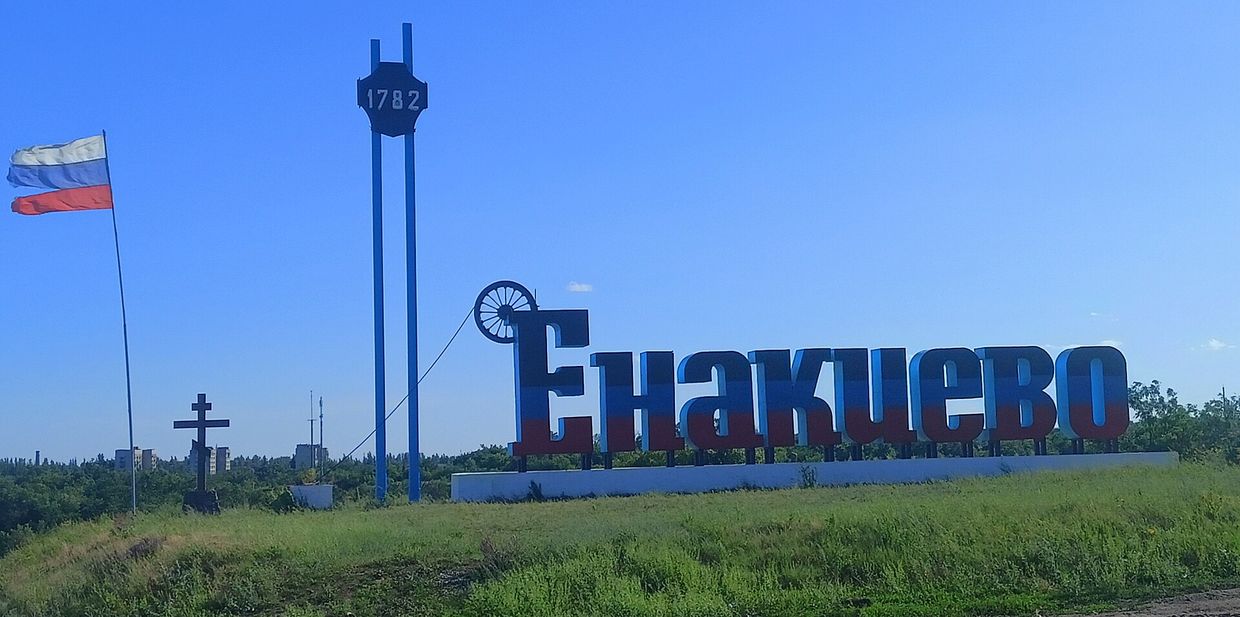UPDATED: Russian attack on Zaporizhzhia kills 10, injures 22, destroys clinic

Russia attacked the city of Zaporizhzhia on Dec. 10, killing 10 people and injuring 22, Governor Ivan Fedorov reported.
Fedorov updated the death toll on Dec. 12, saying the count had risen to 10 after rescuers pulled a woman's body from the rubble of a building destroyed by a Russian missile.
Explosions were reported in the city on Dec. 10, minutes after the Air Force declared an air raid alert in the region at 2 p.m. local time.
Fedorov had warned earlier of the threat of ballistic missile attacks on Zaporizhzhia Oblast and other regions under air alert.
The strike destroyed a private clinic and damaged nearby buildings.
"Rescuers are searching for people trapped under the rubble," Fedorov wrote.
Zaporizhzhia, home to around 710,000 residents before Russia's full-scale invasion, remains a frequent target of Russian attacks.
In a separate attack, a Russian missile strike hit the town of Zlatopil in Kharkiv Oblast on Dec. 10, injuring at least 11 people, regional officials reported.
The strike damaged non-residential buildings and vehicles near a bank at around 10:20 a.m. local time. A second attack followed shortly after, according to oblast governor Oleh Syniehubov.












